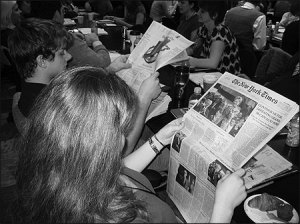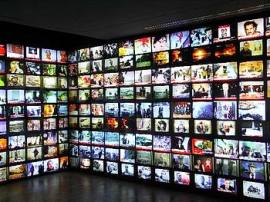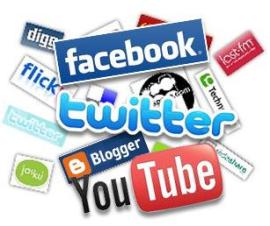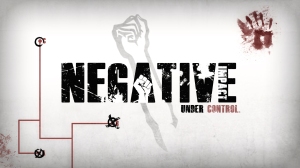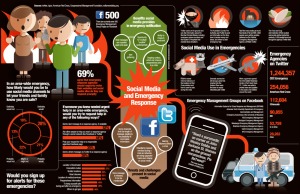
In today’s world, media has made a very special place for itself in our lives. If I say that today, media has become as important as food and clothing, then I don t think so that I am over exaggerating anything. There is no denial that media is playing a very significant role in making the world smaller. Through various mediums of media whether it is radio, television, newspaper or internet, we are able to connect with large number of people around us. Especially internet has truly become the need of every individual both for our work and to connect with our friends and well wishers. Facebook, Orkut and Twitter have occupied such special place in our lives that if we are not a part of it, then there is something really important that we are missing.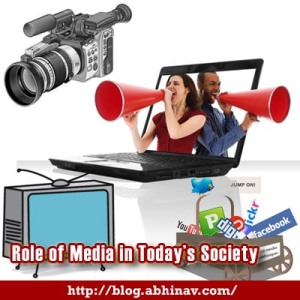
Besides connecting with our friends, media also informs us about the world happenings. In one line I can say that media is like a mirror of the society which reflect each and everything about the society to us. Media people from television and print takes the risk of their lives to inform us about important news. To some extent I can compare these brave journalists with our soldiers who do not bother about their lives and takes the responsibility to aware the general masses about the truth. I think it is almost impossible to imagine a life without media.
But one also can not overlook this fact that slowly commercialization is also coming in media. Media has a huge responsibility of conveying the truth and relevant information to the common man. But somewhere this seems to be taking a back seat for media people as they are focusing more on commercialization. Now a days, hot news which can help in increasing the TRP rates of the channel becomes the priority for them. But there are still some ethical people in media who are struggling to maintain the real purpose of it.
But media is not just confine to informing us about the world happenings and serving a means to connect with people, in fact it also affects out thinking patterns as well. The way we think and perceive various issues about the world is also shaped up by media. Today everyone especially youth is growing so aware about his responsibilities towards society is because of media. Campaign such as Teach India and Jaago Grahak Jaago helps in spreading awareness about human rights and duties.
When it comes to media, how can one forget to talk about the entertainment industry? Entertainment is something that one can not live without. Be it movies, radio, internet etc., media is just everywhere in our life. Today entertainment is so easily available that every common person is able to afford it. Music and movies are so easily available to us through the internet that one does not have to spend loads of money on them.
If we just look around then we would find that there is no aspect of our life which is not touched and affected by media. Be it our work, relationships, education or entertainment, media is seen everywhere. And there is no denial that we can not live without media.

